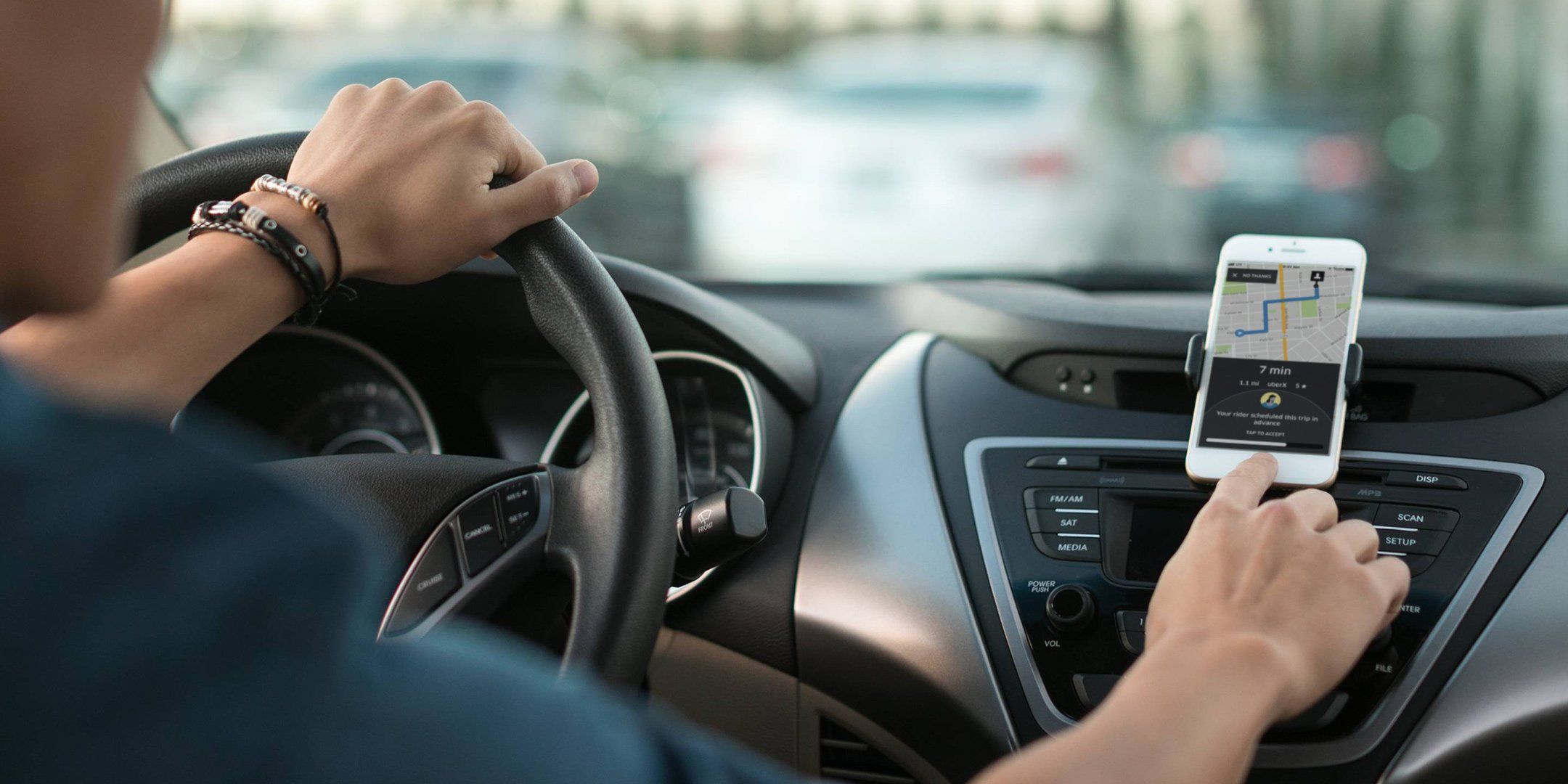Uber, Like Delta, Should Testify To Congress Over Pricing
Uber has been shown to charge different pricing based on the airline chosen for airport drop-offs. Like Delta, they too should be called before Congress.

Uber Charges Different Prices For The Same Airport Drop-Off
We have seen dynamic pricing include a litany of new models in an attempt to extract every last dime from willing consumers. Gary Leff wrote about this some time ago, but due to recent scrutiny on how travel providers target price differences on a per customer basis, it’s come back to light.
Dynamic pricing is understandable when it’s based on the journey, time of travel, distance, traffic, and type of car – but not by the carrier for which you’re flying. The lone excuse that Uber could use at some airports is that it may take longer to get to one side of the airport than the other. For example, if there were no shortcut options at LAX (there are) and one had to go from Terminal 1 to enter the drop-off area and go all the way around to the other side (probably 20 minutes of slow moving traffic) to get to Terminal 8, that would be a justifiable difference in fare. But that would also speak to one of the three above reasons: time, distance, and traffic.
At my home airport, Pittsburgh, I wasn’t able to replicate the discrepancies on a sleepy Saturday afternoon. However, Nick Reyes of Frequent Miler, and MaxMilesPoints documented differences as recently as 12 days ago.
“To be clear, his example (which is still happening at the time of writing) is for a drop off for two different airlines in the same terminal that show up next to each other on the map but feature a difference in price of more than 14%.” – Frequent Miler
View this post on Instagram
A post shared by Max – Credit Card Points & Travel Expert (@maxmilespoints)
Delta Testified Before Congress, Uber Should Be Next
A Delta executive discussed using AI to affect consumer pricing and the move attracted attention from lawmakers and the airline industry as a whole:
“Currently, approximately 3% of Delta’s domestic ticket sales are governed by AI. By the end of 2025, the airline intends to increase that to 20%, according to Delta President Glen Hauenstein.
Speaking during the airline’s recent earnings call, Hauenstein referred to the AI tool as a “super analyst,” part of what he called a “complete reengineering” of the pricing architecture.” – Aerospace Global News
After telling investors that Fetcherr (the AI tool in question) was revolutionizing pricing and would control one fifth of the airline’s decisions on the process, Delta issued a press release dubiously entitled: Delta responds to misinformation around AI pricing. In that defense, Delta stated that it was not making decisions based on personal traits of bookers but didn’t specify what the dynamic aspect of Fetcherr’s superanalyst model was revolutionizing and why it’s so key.
“To be clear, Delta’s ticket prices are dictated by market dynamics and vigorous competition. In fact, the AI pricing functionality recommends pricing adjustments in both directions to enhance market competitiveness and drive sales, benefiting both our customers and our business. Fares are publicly filed through ATPCO multiple times daily and contain objective, publicly available fare rules that ensure all customers have access to the same fares and offers based on objective criteria provided by the customer such as origin and destination, advance purchase, length of stay, refundability, and travel experience selected.” – Delta Air Lines
What Can Be Done?
There was no immediate result of Delta’s congressional testimony. Uber might have a harder time defending their actions. Even if, for example, it indicated that consumers of airline X were more likely to purchase at a higher price point, that still avoids the normalized reasoning for differentiated fares based on the fundamental differences of the product and offer. If Five Guys were to charge more for a double cheeseburger variably based on position in line (maybe people at the end of the line are more inclined to pay more because they have waited longer to order) it would seem obvious that this was problematic.
In the video above, two different phones were used meaning that perhaps it charged more based on the user and not just the airline. That too seems like it would run afoul of consumer pricing protections. Could Uber prove that it had a justifiable legal reason for the surcharge or discount?
Like everything in the United States, it is unlikely that Congress will be the one to force Uber’s hand on the matter but rather a class action lawsuit by affected parties. The question is, how many documented cases could there be sufficient to warrant a significant case against Uber (or any other brand that tries to sell this way?)
The most useful proposition is that Congress can draw attention to the matter and force executives to go on record stating that they don’t, in fact, charge unfairly using these methods. That can later be used in a court of law and with money on the line, the brand might finally act to correct the unfair charges.
What do you think?